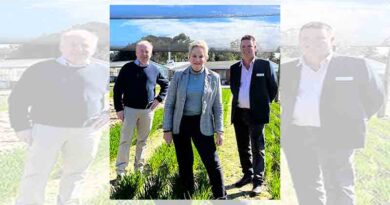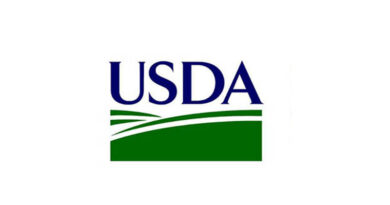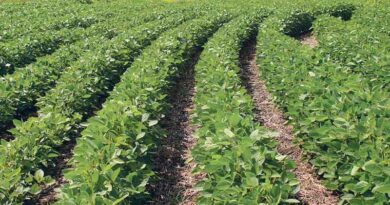Australia: Farming Systems Project to Inform Decision-making for Southern Growers
08 May 2024, AU: A new farming systems project is set to shed light on how farm management decisions affect profitability and sustainability to help southern region grain growers understand the upside and downside of their decisions.
The five-year project involves nine field sites covering different soil types and rainfall zones in South Australia and Victoria, as well as biophysical modelling and economic evaluation.
The project is supported by a $7.6 million Grains Research and Development Corporation (GRDC) investment plus $6.1 million in co-investment from the University of Adelaide.
A multi-disciplinary team, led by the University of Adelaide’s Dr Matthew Knowling, aims to take a holistic approach to farming systems performance and look at outcomes beyond seasonal production metrics.
“We are looking at a wide range of cropping systems as well as performance metrics by which to judge these systems, ranging from gross margin to effects on soil health and organic carbon, input requirements, greenhouse gas emissions and risk,” Dr Knowling says.
“Our goal is to uncover the key trade-offs between different cropping systems.”
Not only are the trials investigating crop rotation and sequence attributes – such as the proportion of break crops within a rotation, double breaks and companion cropping – they are also testing in-season decisions such as time of sowing and nitrogen application strategies to shed light on the different ‘levers’ growers have at their disposal across different environments.
“We are also exploring new cropping systems that growers want to understand in terms of their potential, but can’t afford to try on a working farm,” Dr Knowling says.
The project also includes responsive trials where growers and advisers can make crop sequence and tactical decisions based on experience, field conditions and climate forecasts.
“The responsive systems will enable us to investigate the value of different information sources in terms of adaptive decision-making,” Dr Knowling says.
The scale and geographic spread of the project allows for a comprehensive set of replicated, fully phased trials designed in consultation with participating farming systems groups and their members.
Local advisers have helped identify cropping systems of interest to their clients, including some that are in use but not fully understood, and others that are emerging, to better manage local constraints.
Mid North and Yorke Peninsula South Australian adviser Craig Davis says the trial managers are working closely with growers to integrate their ideas, address local challenges and ultimately identify strategies that give rise to improved farming systems for a given growing environment and soil type.
“There is a lot of interest in exploring the pros and cons of different strategies, from early sowing to more experimental approaches such as intercropping and increased rotational diversity, to see their effects on yield, weed burden, nutrient management, input costs and more,” Mr Davis says.
“The project is going to generate a huge amount of data and knowledge to help farmers improve their productivity and profitability within more enduring systems that benefit the soil, the environment and future farming generations.”
GRDC manager sustainable cropping systems – south, Dr Giacomo Betti, says the project will complement similar projects already underway in the northern and western regions.
“These projects will improve our understanding of farming systems nationally, along with the management strategies required to meet new and existing performance frontiers, while responding to the distinct climate, soil and cropping practices that separate the northern, western and southern cropping regions,” he says.
Data captured from the trials will critically allow trade-offs between different systems to be evaluated. Sophisticated modelling and artificial intelligence will be integrated into the project.
“This will greatly increase the scope and value of the insights we can provide to southern region growers, so they can better predict the upside and downslide potential of decisions across their whole farm system and for many years into the future,” Dr Betti says.
Interested growers can engage with the project and make suggestions via the participating farming systems groups – Birchip Cropping Group (BCG), Southern Farming Systems (SFS), Ag Innovation and Research Eyre Peninsula (AIR EP), Hart Field Site Group (HART) and Upper North Farming Systems (UNFS).
Also Read: BASF Launches New Insecticide Efficon With Axalion Active Introduced Under IRAC Group 36
(For Latest Agriculture News & Updates, follow Krishak Jagat on Google News)















